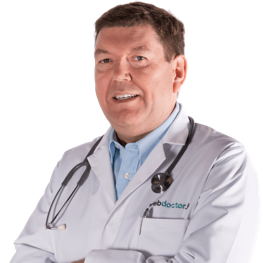Cold Sore
Cold sores are small painful blisters that usually occur on the face (lips, cheeks & nose).
They are caused by the herpes simplex virus (HSV). This is a common virus and it is spread through direct skin-skin contact. It is very contagious. Most people are exposed to HSV during childhood (after kisses from a family member with the virus) and it is assumed that most adults carry this infection.
Once you have been infected, there is no cure for cold sores.
There are 2 different types of HSV that cause cold sores, HSV type 1 and HSV type 2; HSV type 1 is responsible for more than 90% of cold sores.
HSV type 2 generally causes genital herpes, but if it infects skin around the mouth it can cause cold sores too.
HSV infections are mostly asymptomatic or unrecognised and can be spread, even if there are no cold sores/ blisters visible.
Some infections will cause blisters and sores ranging from mild to more severe.
Before cold sore lesions appear, they are often preceded by a sensation of pain, burning or numbness. Fluid filled blisters usually appear within 24 hours and weep until they scab over and heal. Episodes are usually mild and self limiting, settling on their own in 7-10 days.
If you have had a cold sore, it is quite likely you will have more. This is because the HSV that caused the initial episode lies dormant in the nerve cells in your skin (the nerve that supplies the area where the first lesions appeared) and has the potential to cause infection again, even after the blisters heal and disappear.

Dr. Sylvester Mooney
BSc, LRCS & PI, MB, BCh, BAO, DObs, DCH, DFSRH(RCOG)
Clinical Director